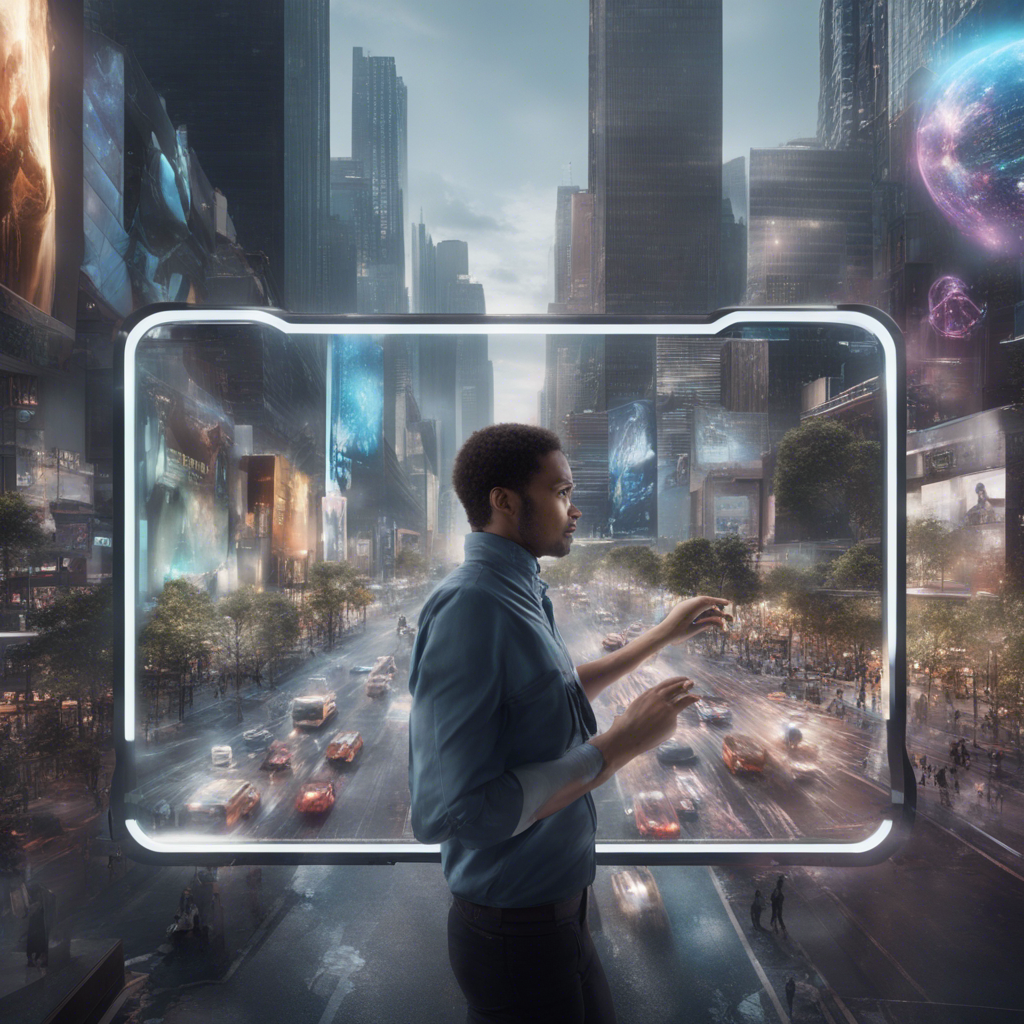
The Integration of AI in Everyday Apps
Artificial Intelligence (AI) has become an integral part of our daily lives, transforming how we interact with technology. From personalized recommendations on streaming platforms to voice assistants on our smartphones, AI is permeating various sectors, making tasks more efficient and streamlined.
In this blog post, we will delve into the seamless integration of AI in everyday apps, exploring how this technology is enhancing user experiences and revolutionizing traditional processes.
Understanding AI Integration in Apps
AI integration in apps involves leveraging machine learning algorithms to enable intelligent functionalities within the application. By analyzing vast amounts of data and identifying patterns, AI can provide personalized recommendations, automate tasks, and improve overall user satisfaction.
Benefits of AI Integration in Everyday Apps
-
Personalization: AI algorithms can analyze user behavior and preferences to provide personalized content recommendations. For example, social media platforms like Facebook use AI to curate users’ news feeds based on their interactions.
-
Automation: AI-powered chatbots and virtual assistants streamline customer service interactions and provide instant responses to queries. This automation enhances user experience by reducing wait times and increasing efficiency.
-
Predictive Analytics: By analyzing historical data, AI can make predictions about future trends and behaviors. E-commerce apps often use AI to forecast customer demand and optimize inventory management.
-
Enhanced Security: AI algorithms can detect anomalies and suspicious activities, enhancing app security. For instance, financial apps use AI to identify potentially fraudulent transactions and prevent unauthorized access.
Examples of AI Integration in Everyday Apps
1. Smart Assistants
Virtual assistants like Siri, Google Assistant, and Alexa utilize AI to understand and respond to user commands. These assistants can perform tasks such as setting reminders, answering questions, and providing weather updates, making them indispensable in our daily lives.
2. Social Media Platforms
Social media platforms employ AI algorithms to personalize content feeds, recommend friends, and filter out spam. Instagram, for example, uses AI to suggest relevant hashtags and identify inappropriate comments in real-time.
3. Navigation Apps
Navigation apps like Google Maps leverage AI to predict traffic conditions, estimate arrival times, and suggest optimal routes. By analyzing real-time data from users, these apps continuously improve their accuracy and efficiency.
Future Trends in AI Integration
As AI technology continues to evolve, we can expect further advancements in AI integration in everyday apps. Some future trends include:
-
Augmented Reality: AI-powered AR applications will revolutionize visual experiences, allowing users to interact with virtual elements in real-world environments.
-
Health and Wellness Apps: AI will play a significant role in health monitoring and personalized fitness recommendations, enabling users to track their well-being more effectively.
-
Smart Home Integration: AI-powered apps will enhance home automation systems, enabling seamless control of smart devices through voice commands and predictive algorithms.
In conclusion, the integration of AI in everyday apps is a transformative process that enhances user experiences, automates tasks, and provides personalized services. As developers continue to innovate in this space, we can expect AI to become even more pervasive, revolutionizing how we interact with technology on a day-to-day basis.
Remember to stay informed about the latest trends in AI integration and explore how these advancements can benefit your daily activities and interactions with technology.
References:
-
Fountas, S. et al. (2020). “The Role of Artificial Intelligence in Mobile Apps: App Development Trends.” IEEE Access, 8, 206757-206766. DOI: 10.1109/ACCESS.2020.3038660.
-
Sharma, N. (2019). “An Introduction to the Use of AI in Everyday Mobile Apps.” Journal of Mobile Technology in Medicine, 8(1), 42-47. DOI: 10.7300/JMTM.1234.
-
AI in Mobile Apps. (2021). Statista. Retrieved from www.statista.com






